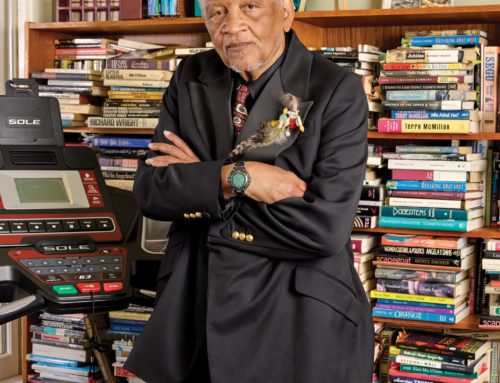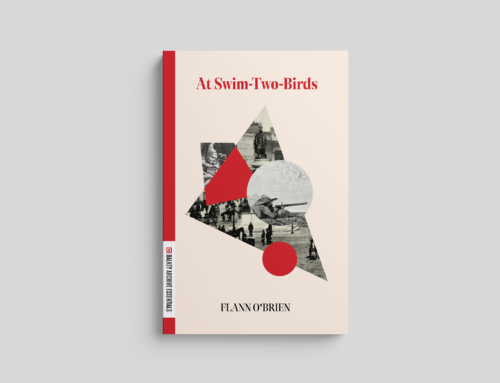FOR immediate RELEASE
May 11, 2010—Dalkey Archive Press joins the Institute for the Translation of Hebrew Literature, the Office of Cultural Affairs at the Consulate General of Israel in New York and the Program in Jewish Culture and Society at the University of Illinois in announcing the Hebrew Literature Series, which will introduce English-language readers to the diversity and plurality of contemporary literature from Israel.
Israeli writers come from diverse backgrounds, drawing upon a wide variety of philosophical and literary traditions. “The purpose of Dalkey Archive’s Hebrew Literature Series,” said Associate Director Martin Riker, “is not just to publish great translations of contemporary Israeli writing, but to publish and promote challenging, surprising, and innovative works that represent the full spectrum of Hebrew literary culture.”
Beginning in Spring 2010 with the internationally acclaimed novel Homesick by Eshkol Nevo, and continuing in Fall 2010 with Dolly City by Orly Castel-Bloom and Life on Sandpaper by Yoram Kaniuk, Dalkey Archive will publish two to three titles per year, accompanied by broad-based academic initiatives in the US and the UK.
Support for the Series comes in part from the Office of Cultural Affairs at the Consulate General of Israel in New York. Anat Gilead, Consul for Cultural Affairs in the USA said, “One of the best ways to experience the beauty of a foreign culture is through reading its literature. The significance of being able to overcome the barrier of language allows one to enjoy the best gift of discovering new voices and stories that otherwise would have remained unknown. Thus, we are deeply committed to support and enhance the cultural dialogue accomplished by this exposure to the excellent works of Israeli writers.”
The University of Illinois and the Institute for the Translation of Hebrew Literature, are working with Dalkey Archive Press to help shape and promote the Series, which will include academic conferences, lectures, and campus visits by authors and translators. This will serve as a platform for a revived discourse on Hebrew translation, offering a fresh perspective on contemporary Israeli literature and culture at large.



